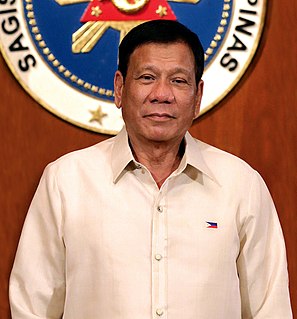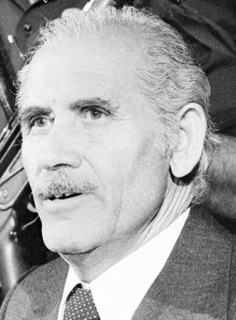A Quote by Ryszard Kapuscinski
Amin hid nothing. Everybody knew everything. Yet the American Senate only introduced a resolution breaking off trade with Amin three months before his overthrow.
Related Quotes
He was decisive and wholehearted in everything he did, so intent on the task at hand that he never looked over his shoulder, even if his cloak got caught in a thorny bush. When he did turn to speak to somebody, he used to swing his entire body and address him full face. When he shook hands, he was never the first to withdraw his own. He inspired such confidence that he was known as al-Amin, the Reliable One.
I was pretty much consumed by this character. Even when I was off, I was continually searching to find something else new about [Idi] Amin, and to embed myself deeper into the culture to the point that, in the end, I was so entrenched that I could tell what tribe someone was from just by looking at them.
Moments ago, the U.S. Senate decided to do the unthinkable about gun violence - nothing at all. Over two years ago, when I was shot point-blank in the head, the U.S. Senate chose to do nothing. Four months ago, 20 first-graders lost their lives in a brutal attack on their school, and the U.S. Senate chose to do nothing. It's clear to me that if members of the U.S. Senate refuse to change the laws to reduce gun violence, then we need to change the members of the U.S. Senate.


























